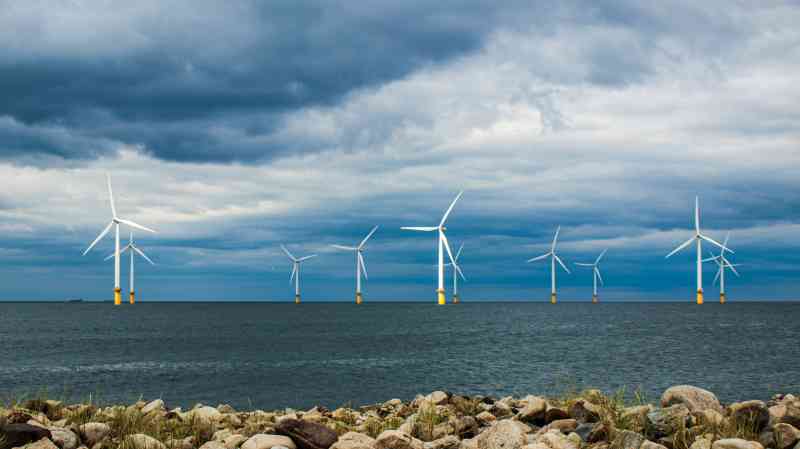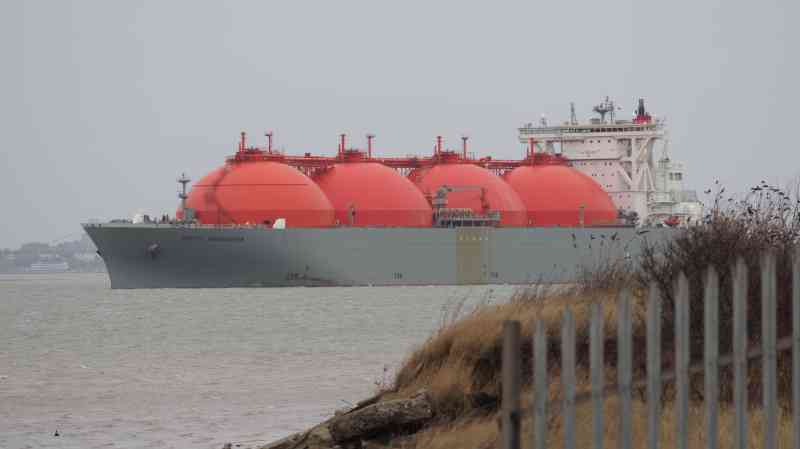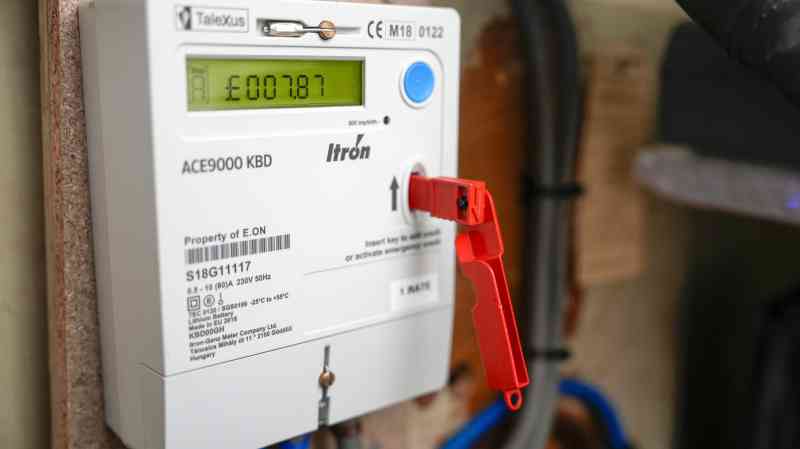Low government subsidies ‘will stifle’ wind farms
Consumers could miss out on £1.5 billion of savings on their energy bills each year because the government is stifling the deployment of cheap offshore wind power, a new analysis claims.
Several of the farms that could be built in future would not proceed because the financial support on offer was insufficient, leaving households paying much higher prices for electricity from gas-fired plants, the Energy and Climate Intelligence Unit said.
The government encourages renewable energy projects by offering contracts guaranteeing that consumers will pay a fixed price for the electricity the sites generate. When wholesale prices are lower than this level, users pay subsidies to top up the difference; when wholesale prices are higher, the developers pay the difference back to consumers.
The price required by offshore wind farms has tumbled over the past decade and contracts awarded in recent years have been substantially below prevailing wholesale prices.
Developers say steep cost inflation is now increasing the prices they require once more, but that they would still be far cheaper than wholesale prices, typically set by power plants burning expensive gas. The government has not increased the maximum fixed price on offer for wind farms in an auction this year, leading to warnings that it will fail to procure many new projects.
The Energy and Climate Intelligence Unit says government estimates of future wholesale prices and subsidies required have not been updated to reflect the likelihood of gas prices staying high. “Customers are vanishingly unlikely to make net payments in any year,” it said.
A spokesman for the energy department said it did not “recognise” the figures and its financial support “compares favourably to other international schemes”.




Post Comment